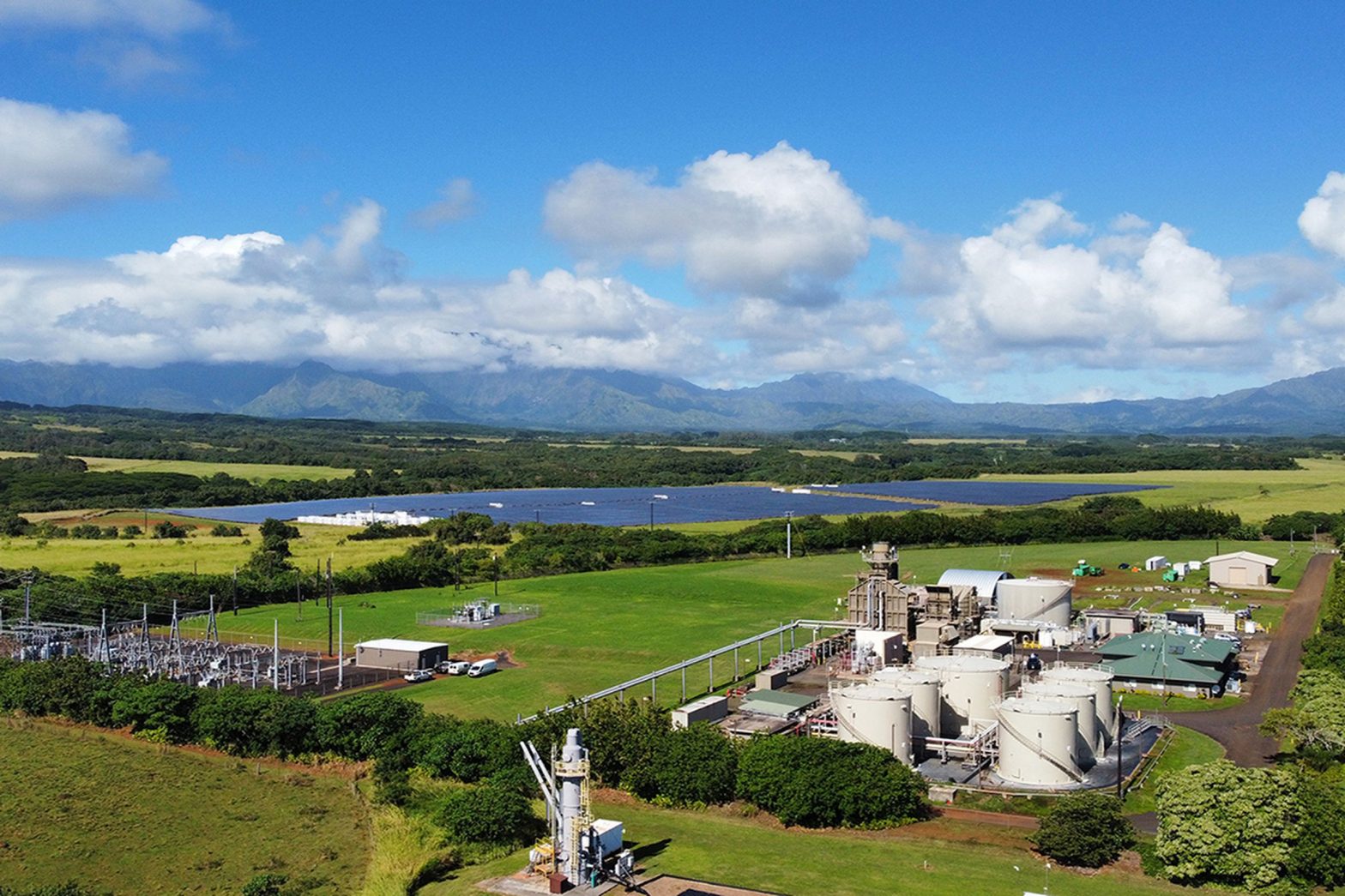/
The company is going to help decommission and recycle over 44,500kg of batteries in its first major energy storage system project.
Share this story
:format(webp)/cdn.vox-cdn.com/uploads/chorus_asset/file/25052249/cloudy_skies.jpeg)
Redwood Materials has recycled e-bike batteries and Tesla batteries. Now, it’s ready to go up a few sizes.
The electric vehicle battery recycling and manufacturing venture founded by the former chief technologist of Tesla announced today that it will help decommission and recycle a 4MWh stationary storage substation in Kauai, Hawaii, as part of a massive solar array.
It will be Redwood’s first battery energy storage system and an important step in the company’s broader effort to prove that lithium-ion batteries and energy storage products of all sizes can have a new life beyond their current ones.
For JB Straubel, former Tesla CTO and founder of Redwood, it’s a project that has come full circle. Straubel was involved in the initial installation by Tesla in 2015.
The Kauai project consists of a 52 megawatt-hour battery installation plus a 13 megawatt SolarCity solar farm. Tesla and the Kauai Island Utility Cooperative (KIUC), the power company that ordered the project, initially said the project would reduce fossil fuel usage by 1.6 million gallons per year.
To be sure, the batteries that are being decommissioned and recycled are not the Tesla batteries; those batteries are at a separate KIUC installation.
“That one is still powering away and will be for many more years!” the company said in a statement.
The storage system that Redwood will be recycling is KIUC’s Anahola substation, a 4MWh battery storage system with a 6MW power rating that consists of Lithium Nickel Cobalt-Aluminum Oxide chemistries. The system consists of eight battery containers for a total of 2,320 modules that weigh 44,544kg.
As the site reaches its end of life, Redwood is overseeing the process of decommissioning, transporting, and recycling it to its facilities in northern Nevada.
Redwood sees big business in stationary storage decommissioning and recycling, noting that 4.8GW were installed last year in the US alone. The company recently partnered with Southern Company and EPRI in Georgia.
“As we think about long-term battery circularity, stationary storage decommissioning and recycling are an integral part of our business,” the company said.
